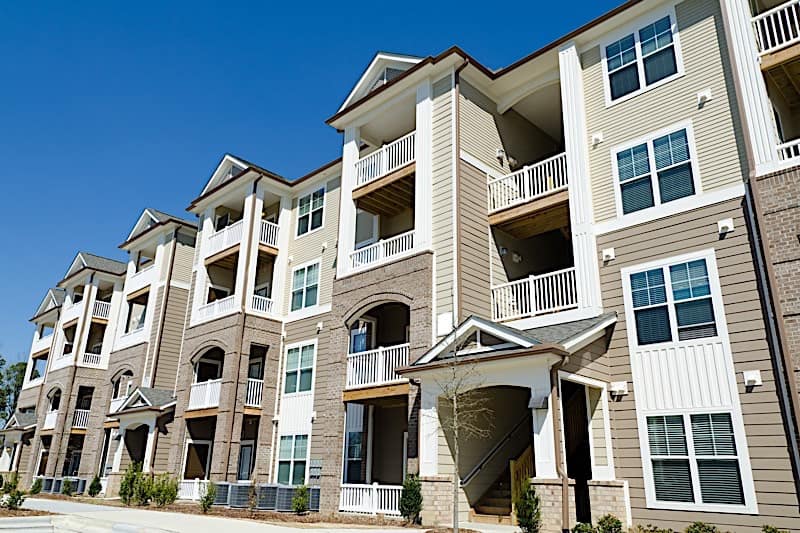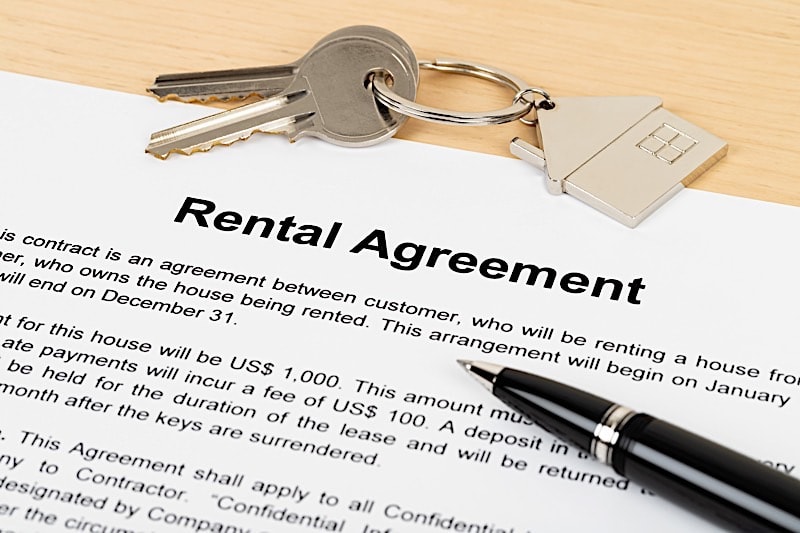Owning rental property is one of the most steadfast ways to accumulate long term wealth. However, if it was easy, everyone would do it. Being a good landlord requires patience, skills and knowledge that takes time to acquire. While collecting rents and building equity is great, it is just as easy to get involved in a bad situation if you are not careful. Even the best tenants will have issues from time to time. In most cases, it is the little things that landlords do that make all the difference – both good and bad. It’s best to keep in mind that no matter what leases you have, or no matter how good of tenants you have, issues are bound to arise. What makes the difference is how prepared you are to address them.
Tips For Being A Good Landlord
At times you will not have control over whether you have a good tenant or bad tenant in your property, but what you do have control over is whether or not you are being a good landlord. Earlier, we mentioned that the key difference is the amount of preparation you put into addressing the array of issues that can arise. Below are some handy tips to help you stand out as the best landlord in your area.
[ Thinking about investing in real estate? Register to attend a FREE online real estate class and learn how to get started investing in real estate. ]

Establish A Reserve Fund
The number one reason why landlords fail is because they do not have the funds to deal with everyday problems. Dishwashers break, windows crack and roofs leak — oftentimes at no fault of the tenant. Instead of pocketing all of your rental income, the most seasoned landlords would recommend that you put a percentage of your rent checks away into a reserve or “rainy day” fund to help cover these unexpected and often expensive issues. Inexperienced landlords will be tempted to fix issues with a mere band-aid to save money. However, this can lead to even worse damage to your property in the long run. Do the right thing and establish a reserve fund so that you can take care of these issues in totality and keep your tenants satisfied. Read this guide on rental property cash flow basics to help you set up your strategy.
Have Multiple Ways To Reach Tenants
You never expect your tenants to be a problem. In most cases they aren’t, but there are some instances in which you need to reach them immediately. It is important that when they sign the lease you get as much information as possible about them. Having just a lone email or cell phone number is not enough. They can easily change or ignore those if they decide to walk away from your property. In addition to a cell phone number, get an email address, emergency contact number, work information and even a social security number. The more information you obtain before a tenant moves, the less likely they will run out on you unexpectedly. If they do, you have numerous ways to reach them. It’s also smart to have multiple ways to get a hold of your tenants in the event of an emergency.
Be Quick To Resolve Problems
Do you know who to call if the toilet is clogged? How about if you need to change a lock? Many issues associated with being a landlord are minor in nature, but that doesn’t mean they aren’t important. If you make your tenants wait a day or two, you run the risk of angering your tenants. It can also end up costing you money. Instead of using someone you have an established relationship with, you use someone who is available. This will usually be at a higher price with no guarantee of the quality. Before you need to have work done, you should reach out to local tradespeople and develop relationships. You can always use a painter, handyman, contractor, snow removal company and landscaper. Establishing these relationships in advance will ensure that you have reliable services at a moment’s notice.
Lease & Insurance
You never know when the unexpected will happen during a lease. Between weather issues, tenant problems and property damage, there are potential concerns always right around the corner. The two items that offer you the most protection are your lease and insurance. New landlords get in trouble by using a basic lease template they can easily find online. You don’t necessarily need a long complex lease, but it has to provide you the protection you need. It is important to spend the time – and in some cases the money – to get the right lease for you and your property. The same is the case with your insurance. You should review your policy every year and make sure you are comfortable with it. You can save a couple of dollars by making changes in the policy, but it may come back to haunt you. All it takes is one slip and fall or one incident on your property to wipe away years of hard work.
Don’t Bend Your Policies
The best landlords are the ones that stick firmly to their rules and policies without breaking them. Before you know it you could have no structure at all and your tenants will walk all over you. If you don’t want smoking in the property, you need to have a strict no smoking rule. The same is the case with pets, parking and anything else that matters to you. It is easy to let the threat of a vacancy influence your decision making. You have to fight the urge to do this. You put rules in place for a reason, and by breaking them you start to lose control.
Perform Seasonal Maintenance
In addition to responding to requests when you are needed, you should also take the proactive step and perform seasonal maintenance every year. If you treat your rental house the same way you would treat your own, it will run much more efficiently and will have happier tenants. Instead of calling you in the middle of summer to let you know the central air stopped working they will be happy and cool and more likely to not want to leave when the lease is up.

Even A Good Landlord Can Have Bad Tenants
So far, we’ve discussed how you can brush up your skills and preparation to help you be the best landlord possible. Unfortunately, however, even the best of landlords are bound to have bad tenants from time to time. Although there is no absolute science in picking out lessees that turn out to be great, there are some stopgaps you can put into place to improve your chances of finding good tenants. First, never skimp on the process of thoroughly vetting your tenants. For example, never skip the steps of running tenant background checks, including calling previous landlords. Second, prepare yourself for the worst case scenario of running an eviction process so that you know exactly what needs to be done if the need arises. Although there’s no guarantee that you’ll always have great tenants, at least you can equip yourself with some tools to improve your odds.
Summary
Although this is not an exhaustive guide on being a good landlord, this will be a great place to start. Immediately start building your reserve fund to address emergencies that arise. This will allow you to respond to problems quickly and effectively, which will help keep your tenants happy. Another way to bolster your reaction time is to establish working relationships with contractors and service providers ahead of time, so you can call someone reliable up when you’re in a pinch. Staying vigilant and performing routine, seasonal maintenance will help you keep your properties in tip top shape. Use seasonal checklists to make this job easier. Also be sure to have multiple ways to reach your tenants when issues arise, or in case of emergencies. Finally, make sure you have your lease and insurance policies up to date, and don’t bend any rules or make exceptions. It’s completely possible to be a good and kind landlord in a way that won’t allow your tenants to take advantage of you. Establishing reliability and clear communication from the get-go is a great way to foster strong relationships with your tenants.
If you’re an experienced landlord, what kind of pro tips do you have to share? Comment below.
Ready to start taking advantage of the current opportunities in the real estate market?
Click the banner below to take a 90-minute online training class and get started learning how to invest in today’s real estate market!


